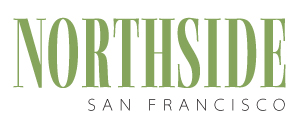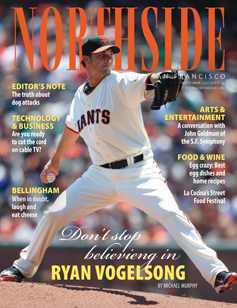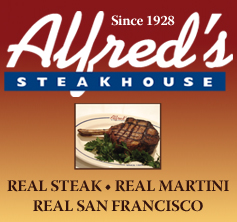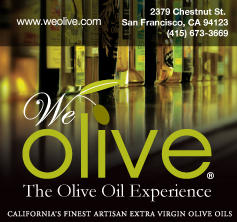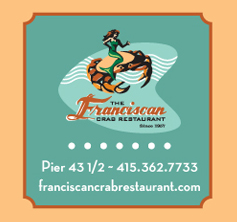Almost every substance can dissolve over time into water. Some contaminants actually enhance water quality. Small quantities of dissolved minerals like iron, zinc and iodine can improve the taste of water and contribute to human health. But water that looks and tastes pure can also contain dangerous contaminants. If any of the contaminants in your water are hazardous to human health, you shouldn’t drink it.
Here in San Francisco we are blessed with relatively clean drinking water, thanks to the Hetch Hetchy reservoir. Our biggest concern is what gets into the water as it travels through the system of pipes between Hetch Hetchy and our drinking glasses.
HOW TO KEEP LEAD OUT OF YOUR WATER GLASS
Lead is commonly found in drinking water throughout the United States. It gets there as a result of corrosion in lead or galvanized pipes, brass- and chrome-plated faucets, and copper pipes connected with lead solder. Pipes and fixtures containing hazardous levels of lead may be located anywhere in the water system. In 1986 Congress restricted lead in plumbing materials and solder, so it’s mostly the older pipes we need to be concerned about. San Francisco has lots of older pipes.
It’s wise to get your tap water tested. Do this as soon as possible, especially if: (1) you use tap water for baby formulas, concentrated juices or anything else to be drunk by children; (2) anyone in the household has significant lead exposure from other sources; or (3) you get most or all of your drinking water from
your tap.
You can buy a home-testing kit or send a sample to a lab. If your tap water contains more than 15 ppb (parts per billion) of lead, take action.
BASIC PRECAUTIONS
Over time, water standing in lead-containing pipes accumulates more dissolved lead. Before you use it for drinking or cooking, let the tap water run for a minute in the morning and any other time the faucet has gone unused for several hours or more. This simple precaution is an excellent way to reduce your exposure to lead. However, if you live in a multistory building (with more and larger pipes), this technique may not work. (Find out by taking a test sample before and after flushing the tap.)
Don’t use the hot water tap for drinking or cooking. Hot water dissolves lead in pipes faster than cold water.
WHERE ARE YOUR ELECTRICAL GROUNDING WIRES?
Electrical grounding wires attached to your plumbing can increase corrosion within the pipes. Have a licensed electrician check your electrical wiring – if it’s attached to your pipes, have the electrician ground it elsewhere.
REPLACE LEAD-CONTAINING PIPES, IF AFFORDABLE
Find out from a licensed plumber what your household pipes are made of, how old they are, and what they are joined together with – as well as what it would cost to replace all lead-containing water pipes and fixtures with lead-free plumbing. Acceptable replacements include copper, steel, iron, and plastic pipes. Remove loose debris from newly installed pipes by running the water for three to five minutes.
If you have replaced the lead-containing plumbing in your home and find the service line between your house and the water main still contributes more than 15 ppb lead to your drinking water, contact your water provider to get the service line replaced.
OTHER OPTIONS
Purchase a household water filter, and make sure you get one that really works. Look for certification information – those certified by NSF International and the California Department of Health Services are best.
One thing to keep in mind with the under-the-counter filters: once the filter removes dissolved minerals, the water will have a greater tendency to leach lead from any other lead-containing plumbing installed between the filter and your tap. Make sure these pipes and fixtures are lead-free. You may want to test the water for lead before and after installation of any household filter to be sure you are getting the performance you need.
Julia Strzesieski is the marketing coordinator for Cole Hardware and can be reached at julia@northsidesf.com.
Around the House with Julia
Don't drink the lead!
Don't drink the lead!
